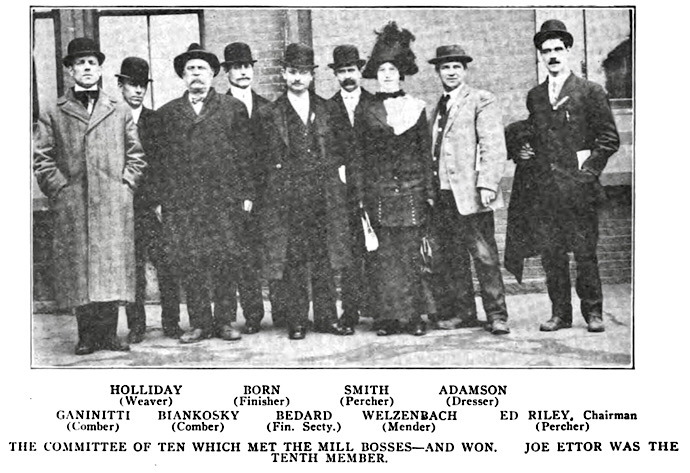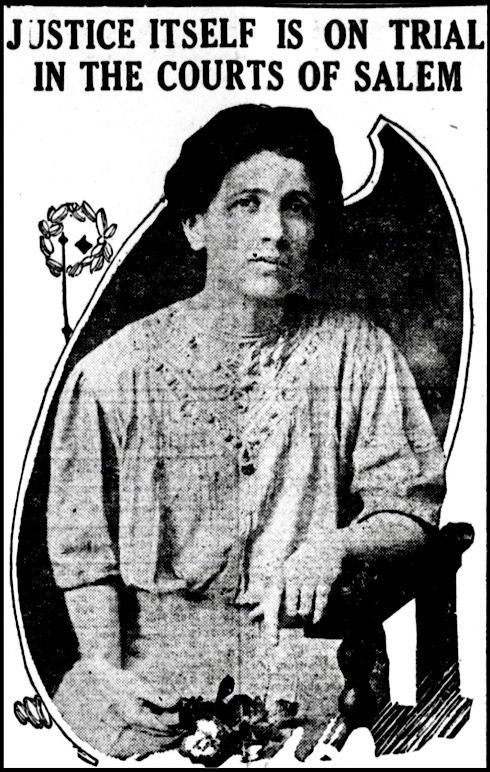
BY H. P. BURTON.
SALEM, Mass., Oct. 26.—There is just one spot of light in the shadowy Salem court house where sit, in their iron-meshed cage, Joseph Ettor, Arturo Giovannitti and Joseph Caruso, on trial for their lives and their cause. It is the grave, pale face of Elizabeth Gurley Flynn, Madonna of the women who slave.
Elizabeth Gurley Flynn is only a slip of a girl, 22. But she has been living a life for six years. She has gone from coast to coast, speaking for “the cause,” and suffering abuse, want and imprisonment, that the burden of the beaten-down may be lifted a little.
For a year now, with her baby clinging to her skirts, she has fought capitalism in the woolen trust town of Lawrence, regardless of winter cold or summer heat, picketing, helping, cheering and speaking.
And today she sees what this trial means not only to Ettor, Giovannitti and Caruso, her comrades-in-arms, but, as she thinks, all of us, and indeed to all the world.
As she let her gaze float over Gallows hill, where they hanged the witches, she said:
They will not see, I fear—these cogs in the machine of justice—in just what sort of a way they are. They will not understand that they are not trying our leaders, but they are putting Justice itself on trial.
It is a foolish court that will try to fool an awakened people. It is a foolish court that does not release quickly those wrongly indicted men. For the anger of the American working man is awaken, it cannot be held in leash much longer, even by the strongest, leaders.
I wish I did not have to say it, but I have seen how in the past few weeks we have failed to hold the workers of Massachusetts and New York in check-how they have struck “in demonstration” against our advice and pleading. If we cannot hold these few thousand, how shall we be expected to keep calm a nation of them if they are aroused, as they surely will be if they are not given back their “lost leaders”?
Elizabeth Gurley Flynn’s pale face was even whiter than when she began speaking. She snatched up the little baby that had sat at her feet as she talked, and pressed him close to her.
[And she said:]
It’s for his sake and the other little ones like him that I hope it will not happen, that they will not make it HAVE to happen—babies are so helpless!
[Emphasis and paragraph break added.]
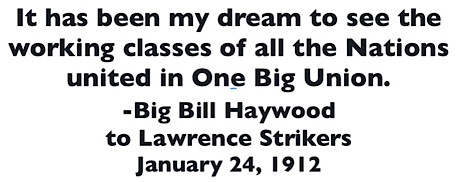 —————
—————
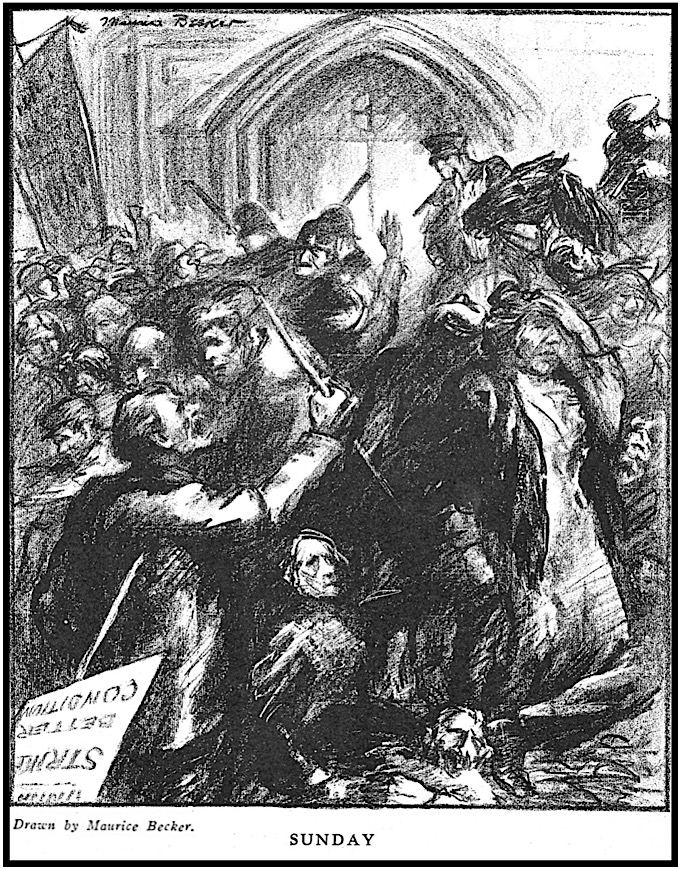
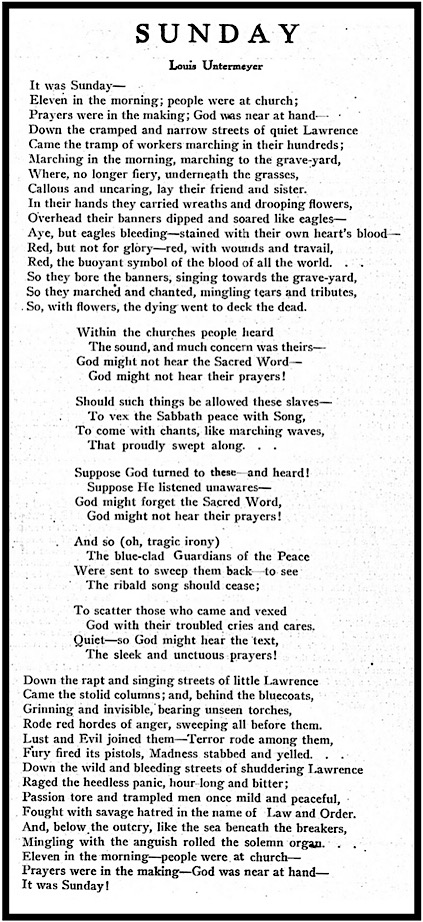
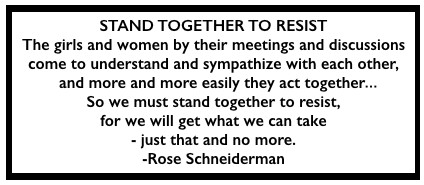 —————
—————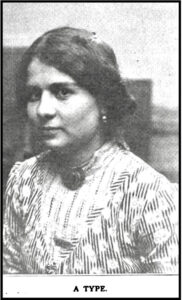
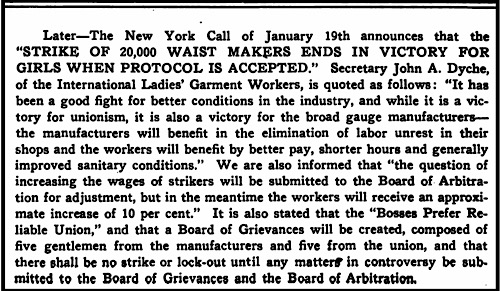
 —————
—————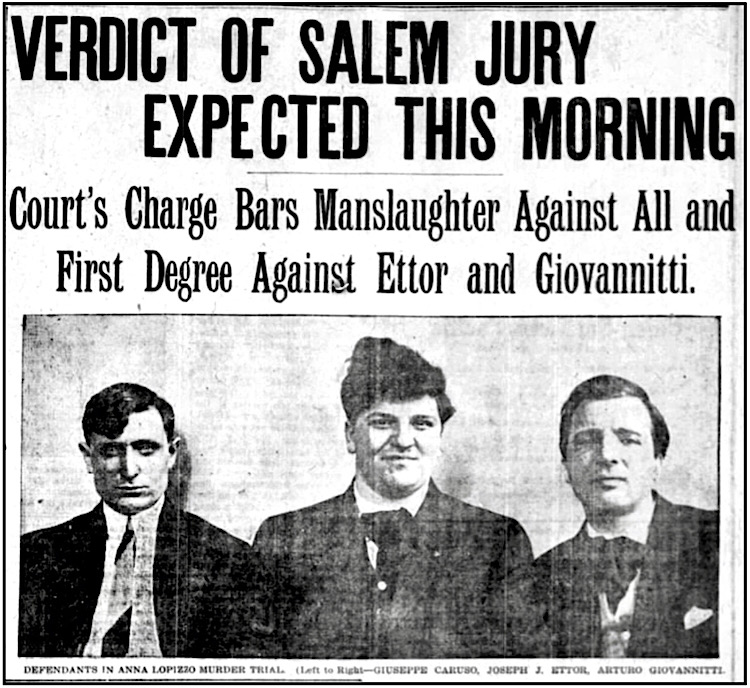
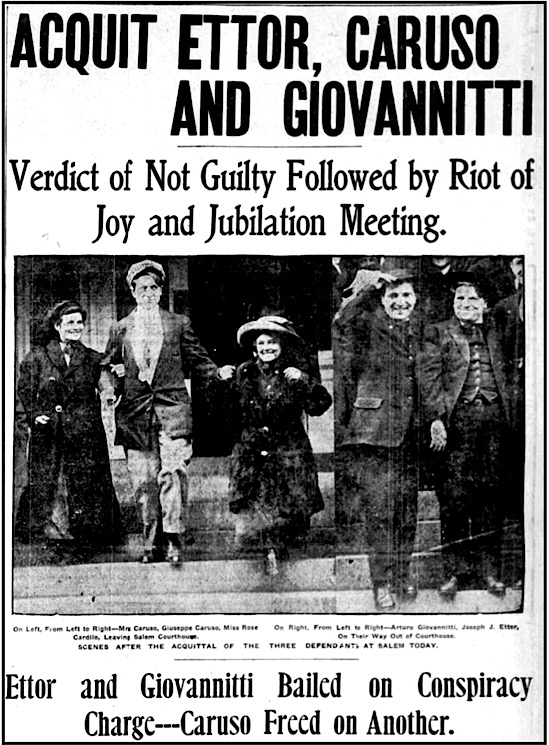
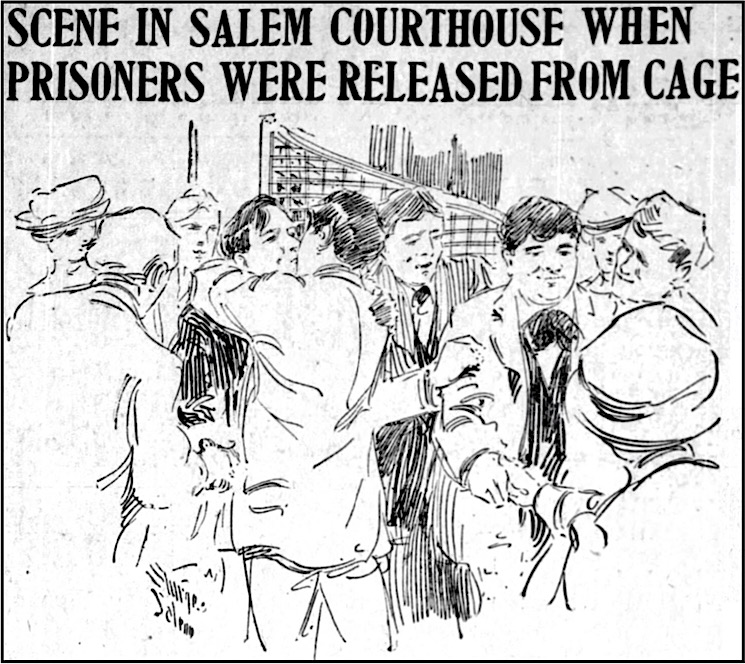
 —————
—————
 —————
—————
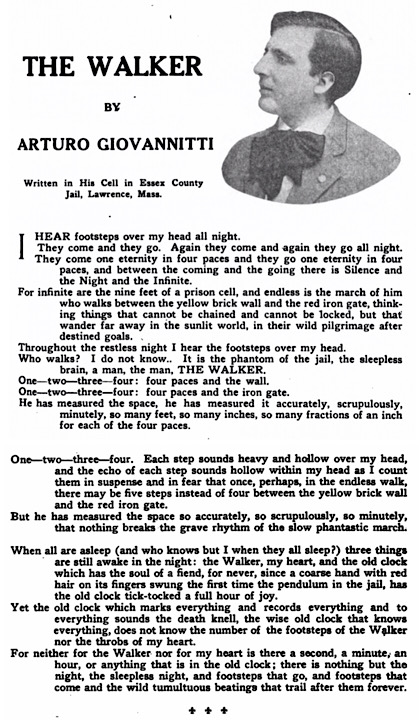
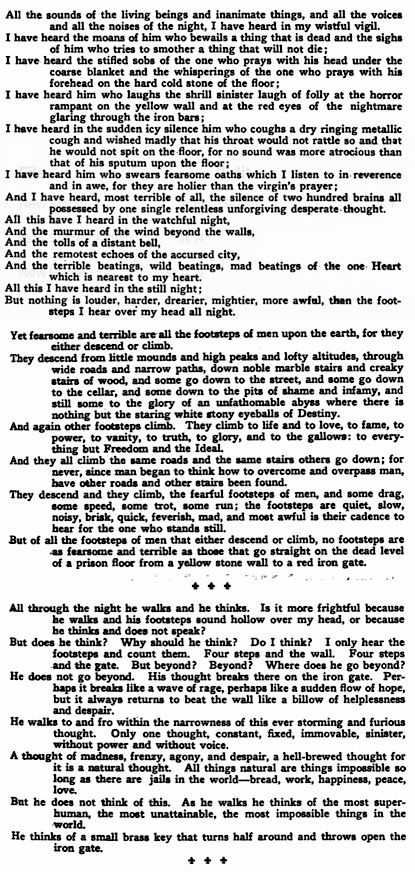
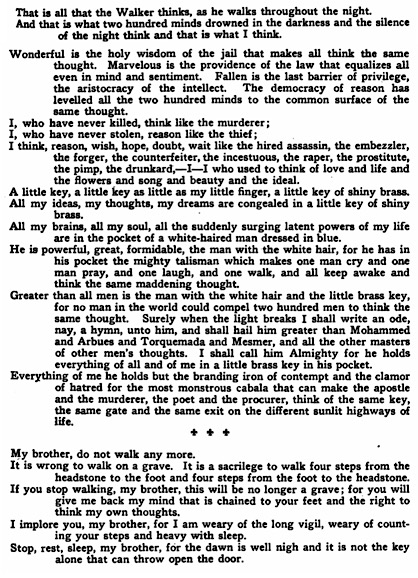
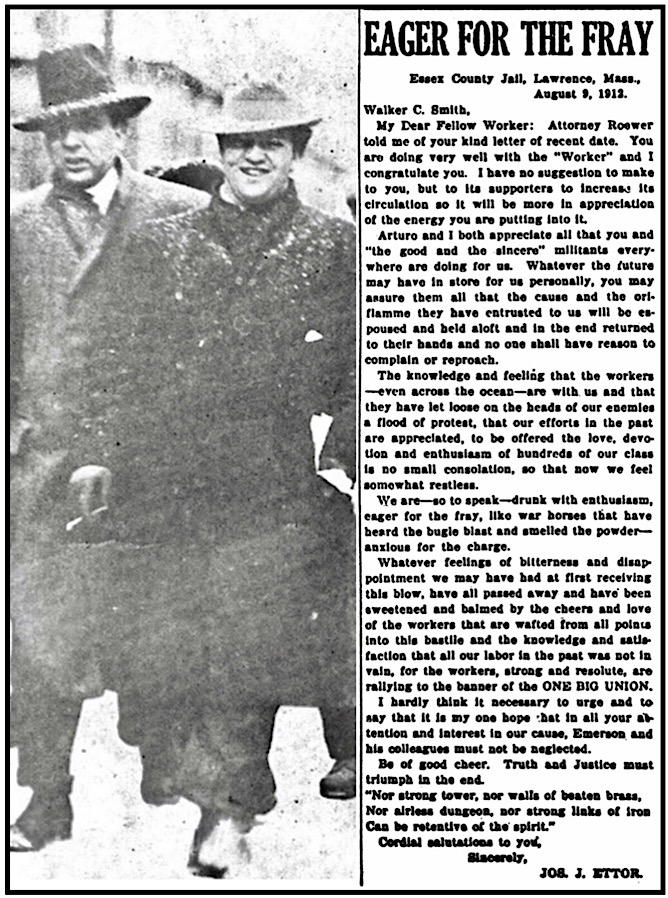
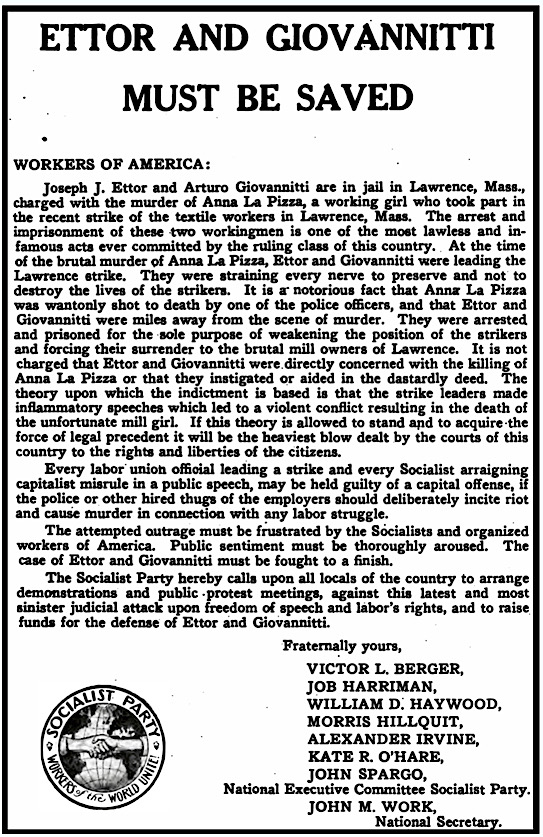
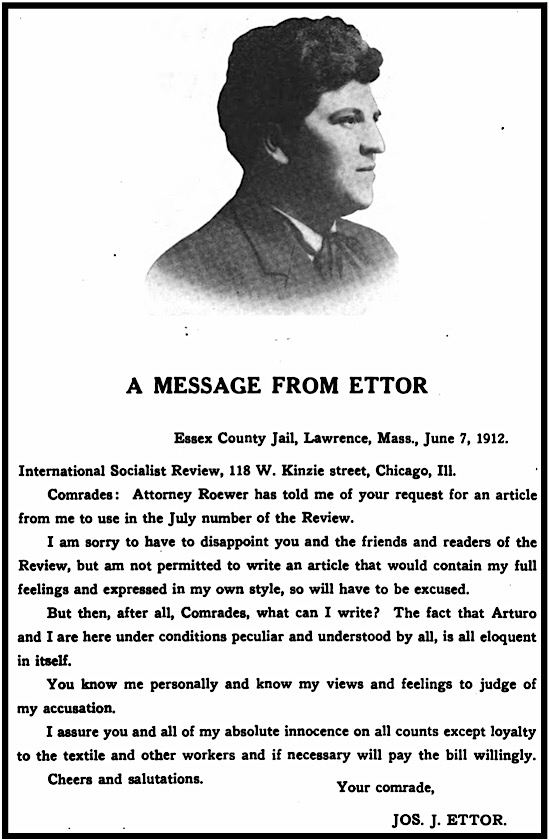
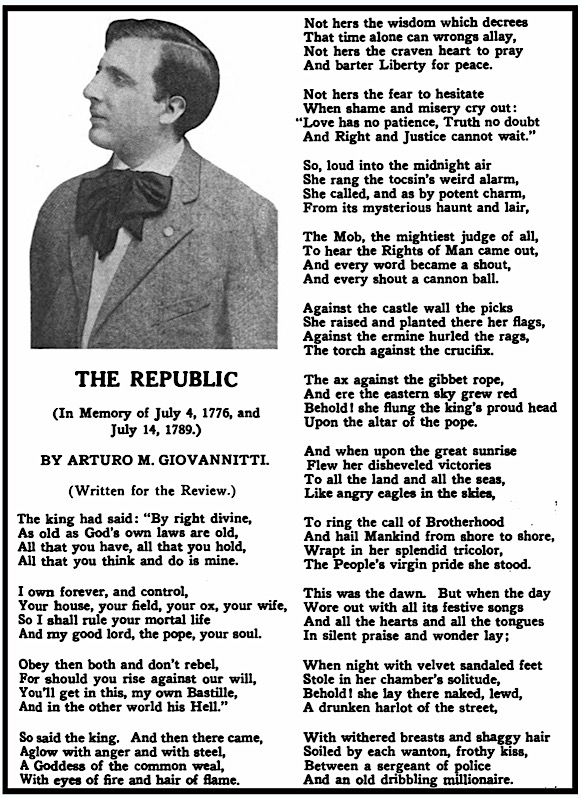
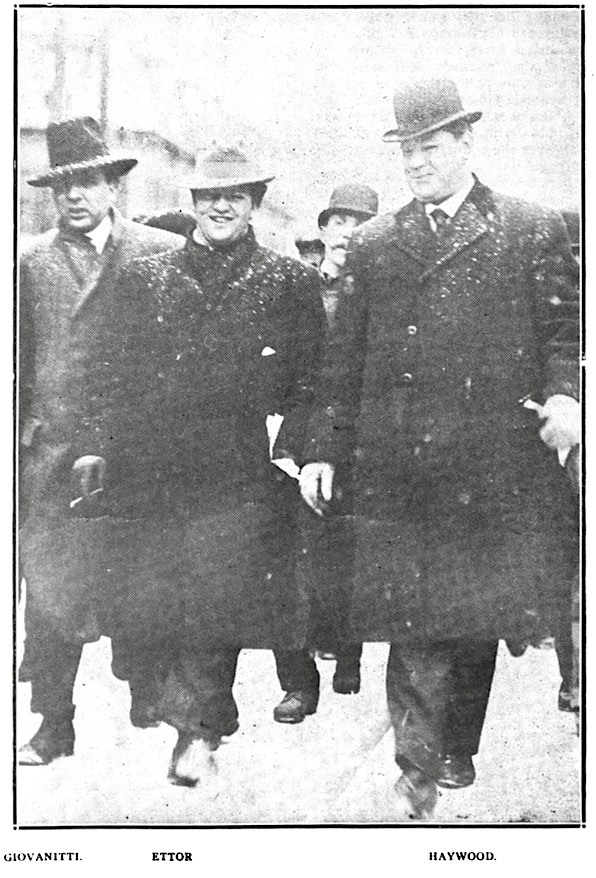
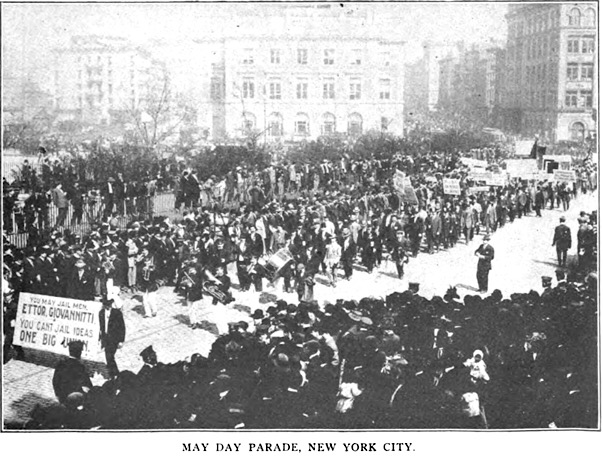
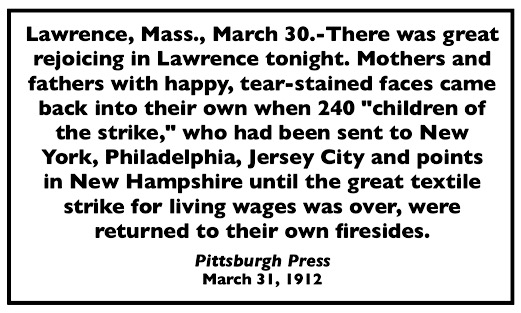 —————
—————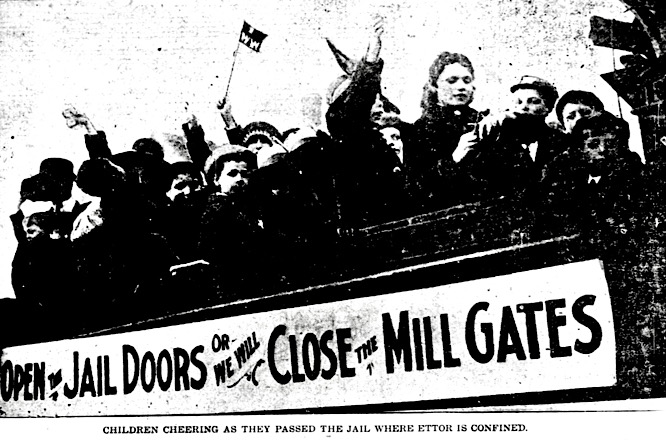
 —————
—————